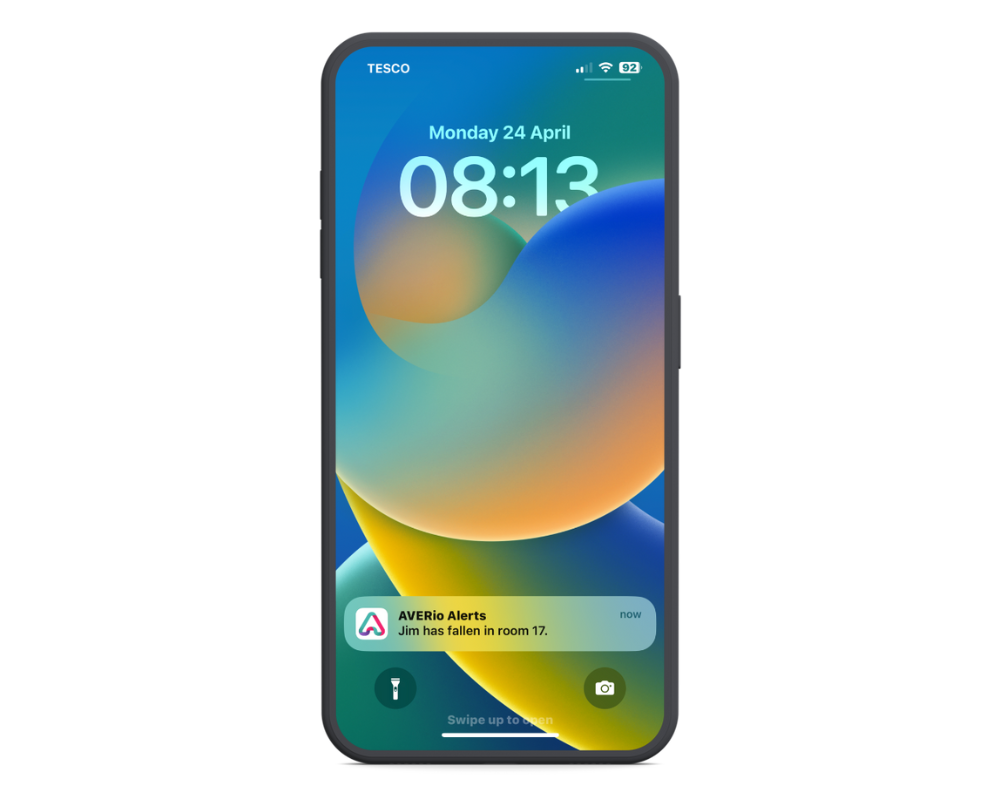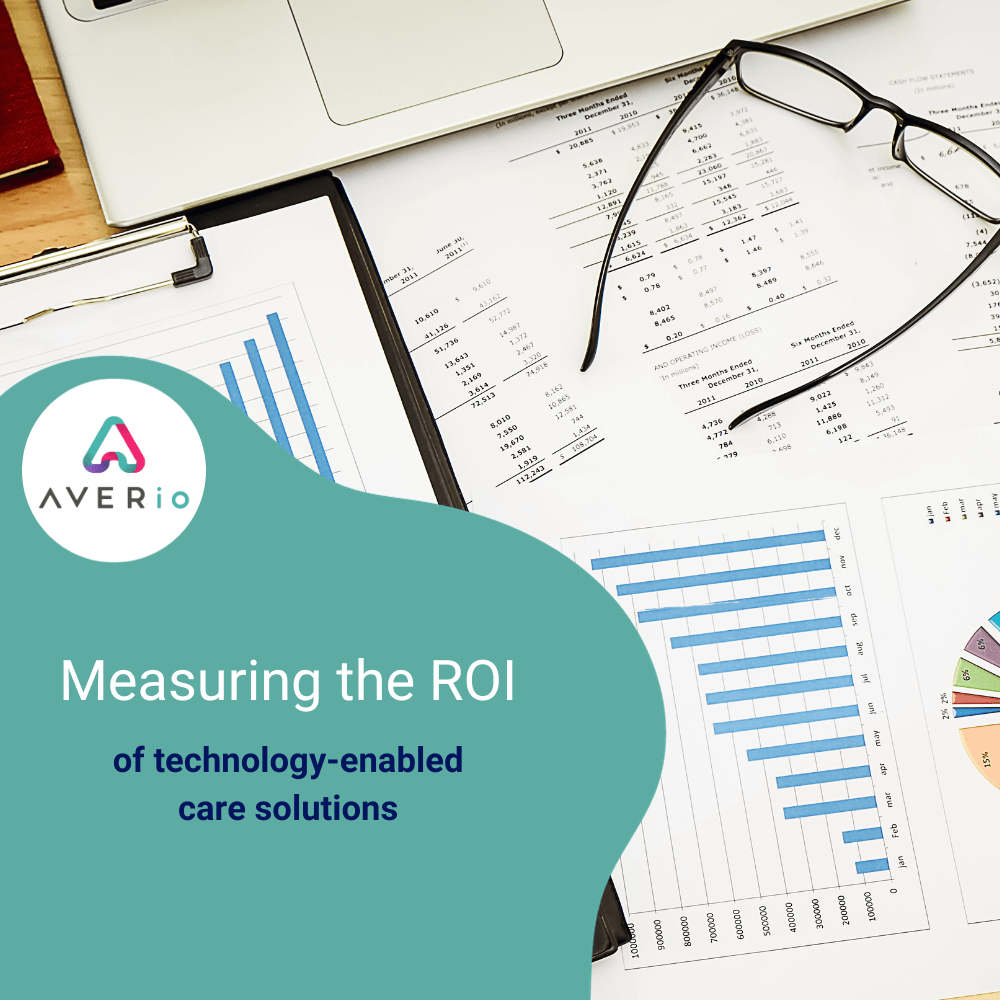
As more health & social care providers and organisations adopt technology-enabled care solutions, the need to evaluate Return on Investment (ROI) is becoming ever more relevant. While the benefits of TEC solutions are readily apparent in improved resident outcomes and enhanced care delivery, it is essential to quantify their financial impact. In this article, we explore the significance of measuring the return on investment (ROI) of technology-enabled care solutions and examine the key considerations and metrics for determining their economic value.
Improved Patient Outcomes vs Cost Saving
All care organisations strive for the improvement of patient outcomes. It’s perhaps the primary objective of technology-enabled care solutions. Measurement must focus beyond simple cost reduction. ROI should evaluate improvements in patient health, reduced hospital readmissions, and a lower incidence of complications or adverse events as a result of technology adoption.
A good example of this is how TEC, with real time alerting can enable care teams to respond to falls more quickly. This ensures residents get the help they need fast and minimises risk of developing further complications.
In a number of ways, TEC solutions can result in cost savings, but these may be indirect & less obvious at first. There may be fewer hospitalisations, shorter hospital stays, and fewer visits to A&E.
There’s also the improvement to mental burden to consider. TEC solutions like the AVERio mobile app afford family, friends and the wider care circle the knowledge that their loved one is safe, up and going about their normal routine. Want to see it in action? Book your demo here.
Improved Efficiency and Preventative Care
Technology can aid in streamlining healthcare processes (risk assessments & changes in care needs etc.), thereby improving operational effectiveness. Electronic care records, actionable insights and task automation (such as automatic fluid intake recording) can reduce administrative costs, reduce errors and enhance resource allocation.
With access to data over time that can be easily interpreted, preventive care becomes a crucial component of technology enabled care. This enables busy care teams to more easily Identify and resolve health issues at an early stage, which can reduce the risk of developing further health complications and aid in faster recovery with more optimistic prognosis.
Workforce Productivity & Data Driven Decision Making
Technology is about equipping and enabling care teams with the relevant tools to support them in their care delivery to help them provide the best care possible. Measuring ROI should take into account the increased productivity and decreased burden to healthcare professionals, allowing them to focus on the care and outcomes of the people they care for.
TEC can unlock a wealth of data that was previously unavailable or inaccessible. This data can identify changes in care need faster, and help to shape the care pathway of an individual with evidence backed by data.
Conclusion
Measuring the return on investment of technology-enabled care solutions is necessary for healthcare providers and organisations to make informed decisions regarding technology adoption. By considering improvements in patient outcomes, cost reductions, and enhanced efficiency, healthcare stakeholders can evaluate the economic value of these solutions and make data-driven decisions to improve patient care while effectively managing costs.
Related Articles

Empowering Next of Kin: Technology’s Role in the NHS and Social Care.
In the National Health Service (NHS) and social care sectors of the United Kingdom, next of kin play an important role in supporting their loved ones’ well-being and care needs. Historically, this responsibility has been fraught with issues such as

Promoting Independence for Older People
As the population ages, the National Health Service (NHS) and the social care sector have become more aware of the importance of promoting independence for older people. Encouraging older people to keep their autonomy and self-sufficiency improves their quality of
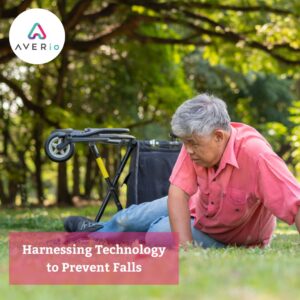
Harnessing Technology to Prevent Falls: Advances in the UK NHS and Social Care
Falls among the elderly are a big concern for the UK’s National Health Service (NHS) and social care sector. Falls can have significant repercussions, including injuries, hospitalisations, and a decline in overall health and independence. However, technological breakthroughs provide intriguing
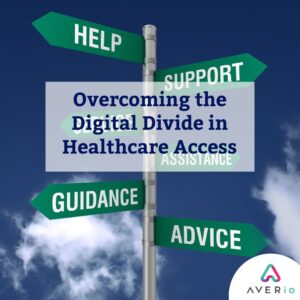
Overcoming the Digital Divide in Healthcare Access
The digital gap, defined as discrepancies in access to and use of digital technology, is a major topic in healthcare. Access to healthcare services and information in today’s digital era frequently relies on digital technologies and platforms. However, not everyone
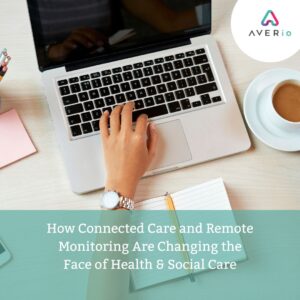
How Connected Care and Remote Monitoring Are Changing the Face of Healthcare
With the introduction of telemedicine and remote monitoring technology, the healthcare environment is undergoing a revolutionary transformation. These cutting-edge solutions are transforming healthcare delivery, making it more accessible, easy, and efficient. In this post, we will look at how connected
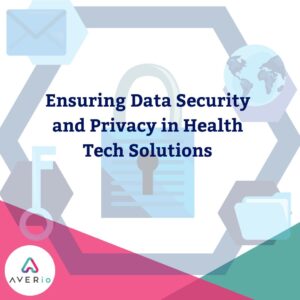
Ensuring Data Security and Privacy in Health Tech Solutions
The widespread adoption of health-tech solutions such as electronic health records (EHRs), telehealth platforms, and wearable gadgets has proclaimed a new era in healthcare. While these advancements have many advantages, they also pose serious issues about data security and individual


